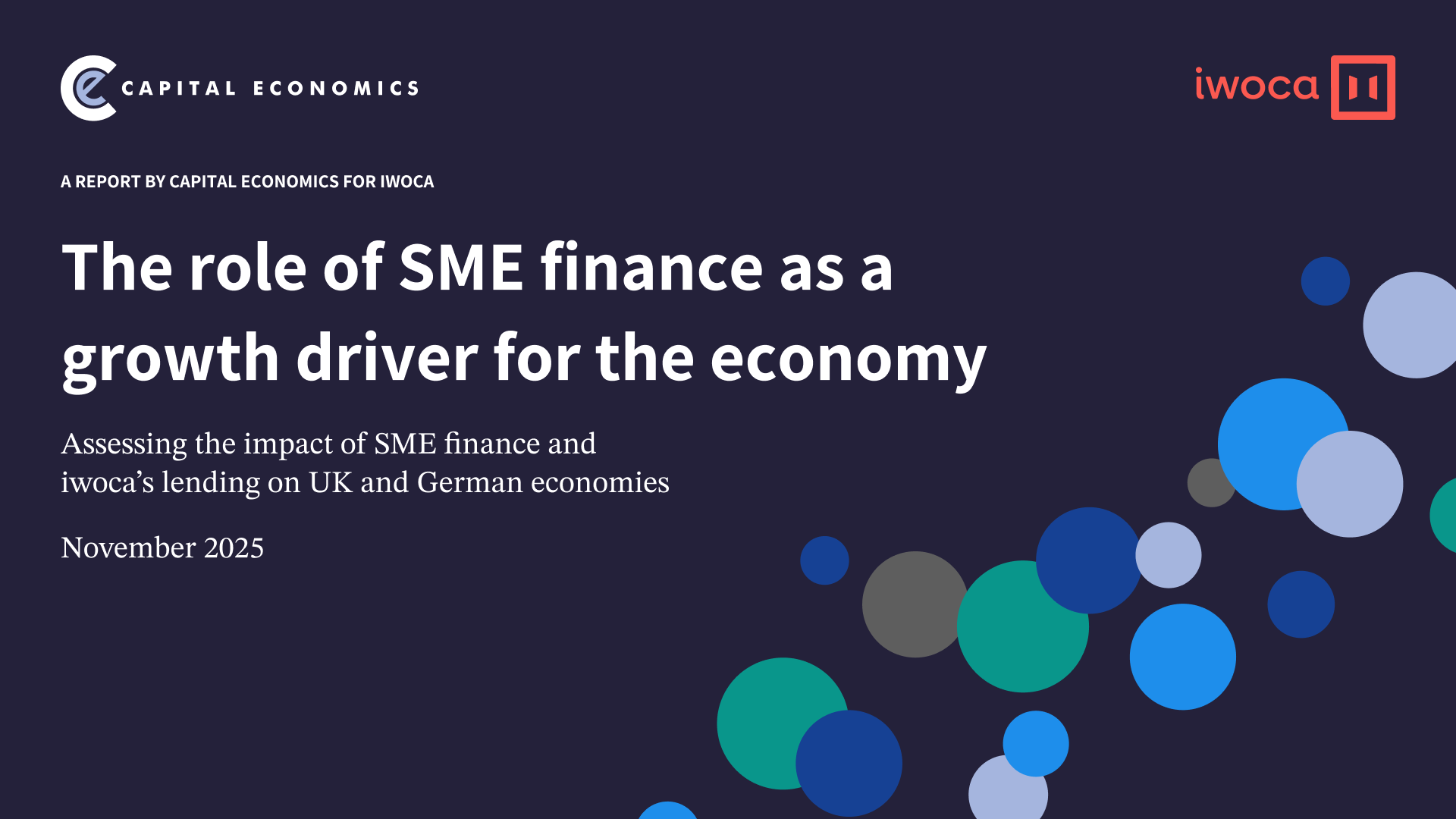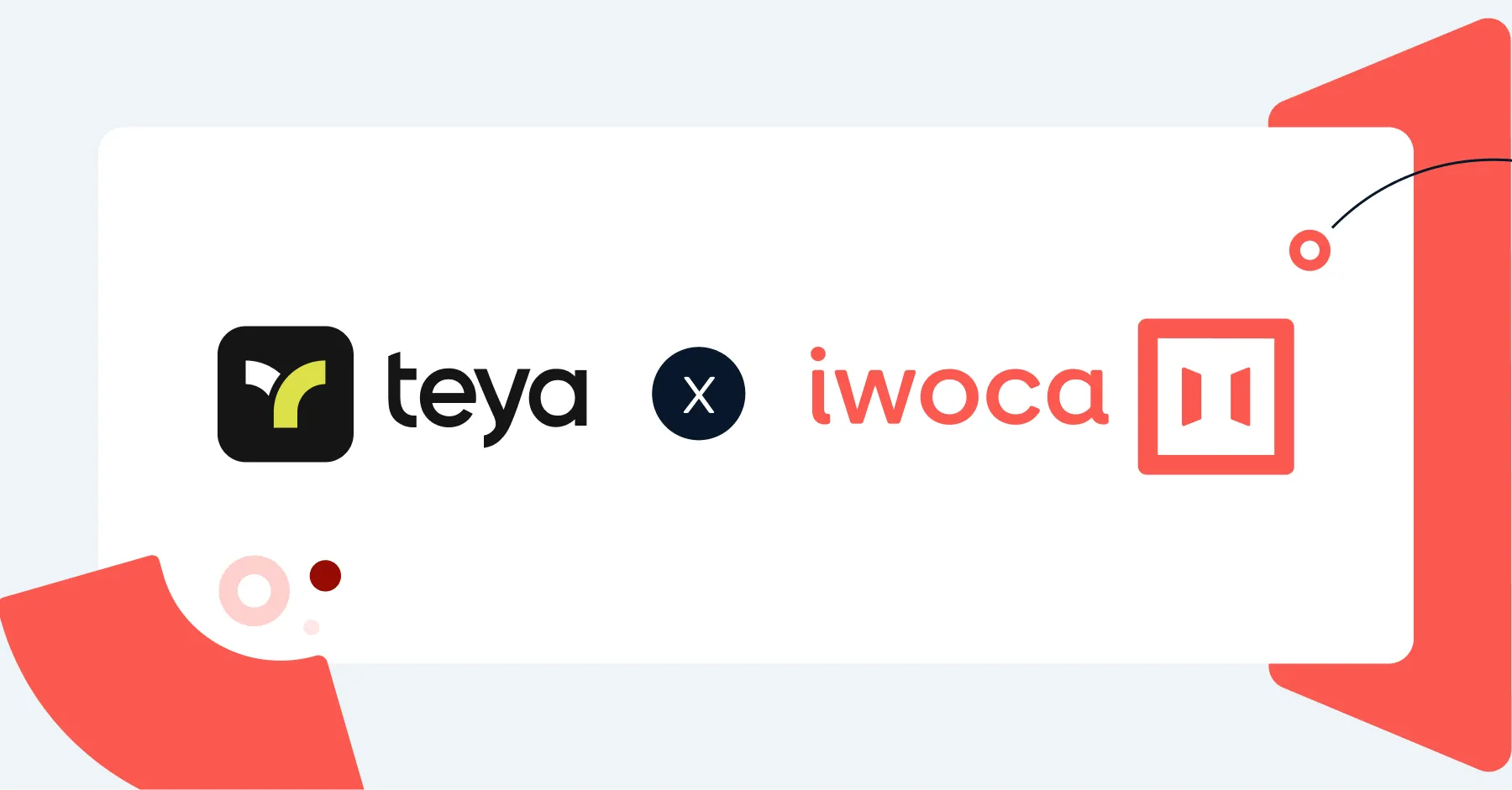The biggest financial issue for SMEs is a squeeze on cash flow – yet just a quarter of accountants offer cash flow support
5
min read
The biggest financial issue for SMEs is a squeeze on cash flow – yet just a quarter of accountants offer cash flow support






- According to accountants, the biggest financial issue for small business clients is a cash flow squeeze (52%), yet only a quarter of firms offer cash flow management support.
- The latest research report from iwoca and AccountingWeb suggests the answer to this is Open Banking – accounting firms are currently missing a key opportunity to use this technology to help small businesses through these periods of economic uncertainty.
- Open Banking enables accountants to meet clients’ needs by matching services to the problems businesses are facing. The report outlines key steps needed to enhance adoption among accountants and small businesses.
‘Open Future | What does Open Banking mean for accounting firms’ is a research report based on a survey of accountants representing more than 25,000 small business clients. It explores how the accounting industry has adopted Open Banking so far, identifies existing limitations, and discusses what needs to be done to increase Open Banking usage in accounting firms in the future.
Accountants missing opportunity to support small businesses with cash flow concerns amidst rising business costs
The biggest financial issue for small businesses, according to accountants, is a cash flow squeeze (52%) – unsurprising, given the current volatile economic climate. This stress on businesses’ liquidity is exacerbated by other issues related to accessing finance (35%) and getting paid late (35%).Despite the prevalence of these issues, only a quarter of firms (25%) offer cash flow management support, and only 18% offer clients support with sourcing finance.
Open Banking offers tailored financial solutions that meet the needs of small businesses
The report outlines a number of benefits of Open Banking to accountants, and how it can address the issues their clients face.
Firstly, Open Banking leads to more thorough, accurate and up to date data for cash flow forecasting apps. And secondly, this live data feeds into easier finance application processes for small businesses. The overall result is faster access to vital funds for businesses in need of urgent cash injections.
The report data suggests that Open Banking can connect with precisely the issues that small businesses struggle with. The most pressing issue for SME clients, according to accountants, is record keeping and management information (73%). Correspondingly, the most popular use cases for Open Banking were bookkeeping (57%), followed by Accounts Receivable (43%) and Accounts Payable (42%). This proves the potential for Open Banking to streamline the data capture process via better integration with financial data sources.
Open Banking adoption amongst accountants low despite clear benefits
Despite these benefits, over a third of accountancy firms (34%) still aren’t using Open Banking. And the report suggests that if accountants don’t use it, their clients won’t either: data revealed that 40% of small business clients don’t use Open Banking, and over 70% of these clients were from firms who don’t use the technology themselves. (Equally, 74% of accountants who do use open banking said most of their clients also use the technology.)
The research identifies key issues preventing a bigger adoption of Open Banking in accountancy practices. These are:
- trust and interest from clients (48%)
- lack of understanding/ confidence from accountants (38%)
- concerns over data security (34%), and
- general distrust of the technology (24%).
Change of attitude needed to drive Open Banking adoption
The report outlines the steps needed to drive Open Banking adoption and radically enhance the value accountants can provide to small businesses.
First, there requires a change in attitudes whereby accountants show clients how Open Banking can benefit their businesses and demonstrate trust in their solutions, deploying use cases that are targeted at real problems firms face.
Second, accountants must create significant competitive advantage by increasing efficiency, lowering costs and solving the problems that matter most.
Colin Goldstein, Commercial Growth Director at iwoca said: “Considering the increasingly volatile economy at present, which is forcing many small businesses into a cash flow crisis, it’s disappointing to see that so few accounting firms offer tailored solutions to this issue.
“Our data suggests that Open Banking can help. But, to increase adoption, a change in attitude is needed: accountants need to proactively engage with clients about the ways Open Banking can solve real problems for them, and providers need to demonstrate trust and reliability in their solutions. Firms that can harness the power of Open Banking have the potential to create significant competitive advantage: through using Open Banking technology to solve the problems that matter the most to their clients, they can grow their client-base while reducing overheads.”
Max Whiteley, Head of Accounts, Accounts & Legal added: “If your client doesn’t care about Open Banking, then it’s our job to educate them so that they do. Open Banking is the gateway to real-time data, so we can make real-time business decisions.”
Tom Herbert, Technology Editor at AccountingWEB said: “The accounting profession needs to make sure it’s up to speed with the latest developments in Open Banking and educate their clients on the benefits. Open Banking not only has the potential to help practitioners prepare their clients for MTD ITSA, it can also open the door to more valuable advisory conversations with clients.”
{{accountants-sign-up="/components"}}
{{flexi-loan="/components"}}


How to use payroll loans for small businesses

Business Loans comparison: High Street Banks vs. Alternative Lenders
Comparing the pros and cons of getting a business loan from traditional lenders and alternative finance providers, including how they differ in application processes, speed of funding, rates and flexibility.

Working capital ratio
Discussing the importance of calculating your company’s working capital ratio, what it represents and how to improve the ratio.






